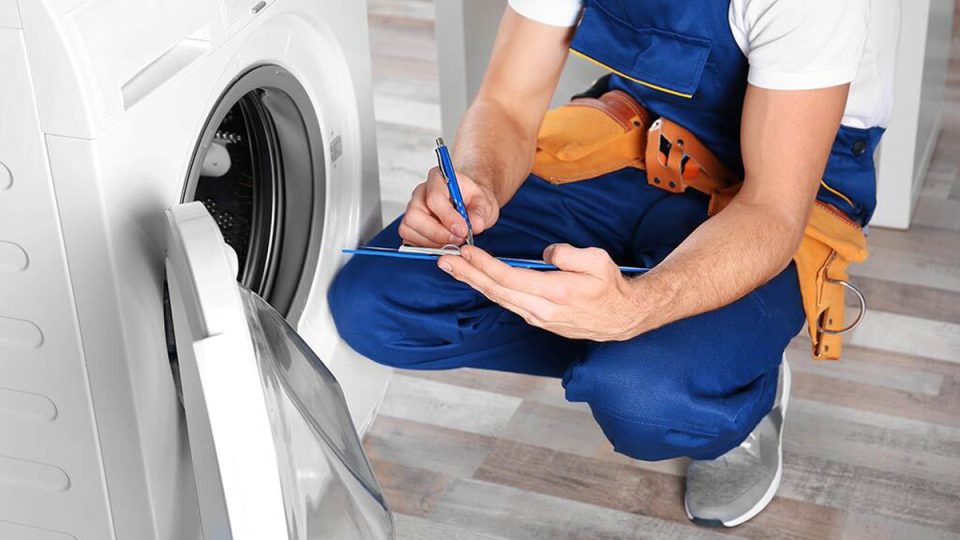Your kitchen is the heart of your home, where memories are made, and delicious meals are crafted. However, your trusty kitchen appliances may show signs of wear and tear over time. When that happens, it might be time to consider donating them to a worthy cause, such as Habitat for Humanity’s donation store. In this blog, we’ll explore the signs that indicate it’s time to part ways with your used kitchen appliances and how your donation can make a difference.
1. Age Matters
One of the most obvious signs that it’s time to donate your kitchen appliances is their age. Like all electronics, appliances have a lifespan, and as they age, they become less efficient and more prone to breakdowns. If your appliances are nearing or have surpassed their expected lifespan, it might be more cost-effective to donate them rather than invest in repairs.
2. Lack of Efficiency
Are your appliances struggling to keep up with your culinary needs? If you find yourself constantly battling with a temperamental stove or a refrigerator that just can’t seem to keep your groceries cold, it might be time to bid them farewell. Modern appliances are designed to be more energy-efficient, saving you money on your utility bills while reducing your carbon footprint.
3. Strange Noises and Smells
Appliances aren’t supposed to sound like they’re about to take off or emit strange odors. If your kitchen is starting to resemble a symphony of clanks and whirs, or if you detect any unusual smells emanating from your appliances, it’s a clear sign that something is amiss. Rather than ignoring these warning signs, consider donating your appliances before they decide to call it quits altogether.
4. Outdated Design
Trends come and go, and that includes kitchen appliance design. If your appliances sport a retro look that hasn’t aged like fine wine, it might be time for an upgrade. Modern appliances will not only give your kitchen a fresh new look but also come equipped with the latest features and technologies to make your life easier.
5. Lifestyle Changes
As your lifestyle shifts, your kitchen appliances should adapt accordingly. Whether you’ve downsized or upgraded to a larger space, your current appliances may no longer fit your needs. Instead of letting them collect dust in storage, consider donating them to someone who could benefit. By passing on appliances you no longer require, you declutter your space and contribute to someone else’s convenience. It’s a simple yet impactful way to ensure that every item finds its purpose.
6. Moving House
Moving house is the perfect opportunity to declutter and streamline your belongings, including your kitchen appliances. If you’re dreading the thought of lugging your bulky appliances to your new abode, why not lighten the load by donating them instead? Not only will you save yourself the hassle of moving heavy items, but you’ll also be helping those in need.
7. Upgrading to Smart Technology
In today’s digital age, smart appliances are all the rage. From refrigerators that can create shopping lists to ovens that can be controlled remotely, there’s no shortage of innovative features to choose from. If you’re ready to join the smart home revolution, consider donating your old appliances to make room for their hi-tech counterparts.
8. Supporting a Worthy Cause
Perhaps the most compelling reason to donate your used kitchen appliances is the opportunity to support a worthy cause, such as Habitat for Humanity’s donation store. By donating your appliances, you’re giving them a second lease on life and helping to provide affordable housing for families in need. It’s a win-win situation that allows you to declutter your home while making a positive impact in your community.
The Bottom Line
Your kitchen appliances have served you well over the years, but there comes a time when it’s best to bid them farewell. Whether they’re showing signs of age, lack efficiency, or simply no longer fit your lifestyle, donating used kitchen appliances is a meaningful way to give back to those in need. So why not clear out the clutter, support a worthy cause, and make room for the next generation of culinary innovation? Your kitchen—and your conscience—will thank you for it.

